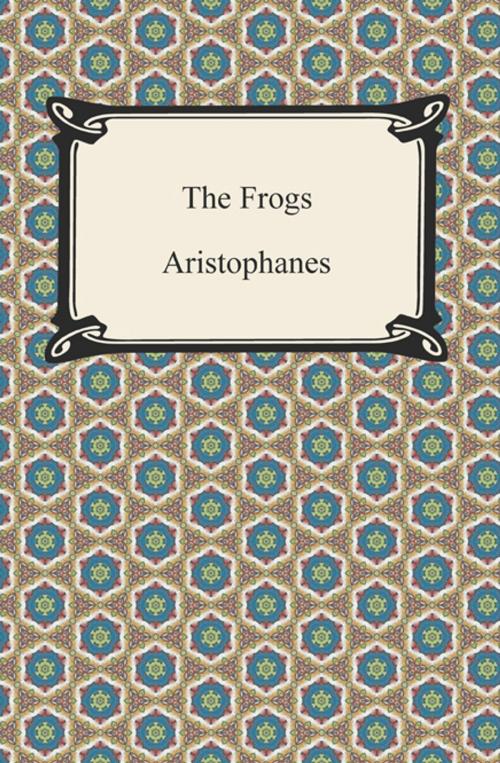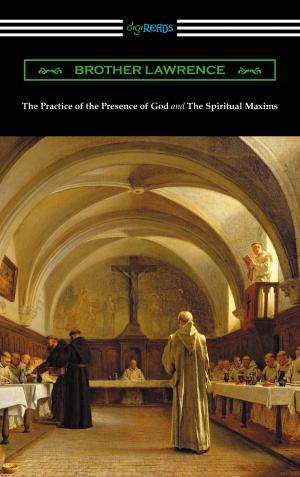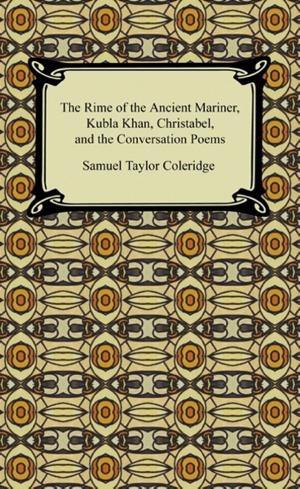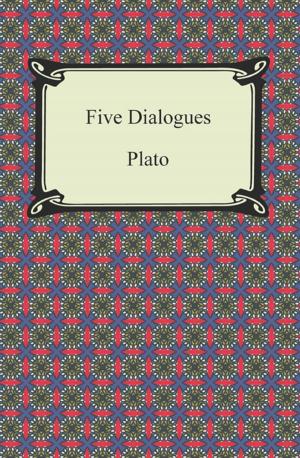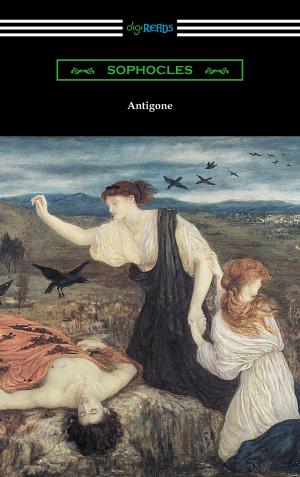| Author: | Aristophanes | ISBN: | 9781420947632 |
| Publisher: | Neeland Media LLC | Publication: | December 15, 2009 |
| Imprint: | Digireads.com Publishing | Language: | English |
| Author: | Aristophanes |
| ISBN: | 9781420947632 |
| Publisher: | Neeland Media LLC |
| Publication: | December 15, 2009 |
| Imprint: | Digireads.com Publishing |
| Language: | English |
Along with Sophocles and Euripides, Aristophanes is considered one of the three great Greek playwrights. Only eleven of his nearly forty plays survive in their entirety to this day. "The Frogs" was produced the year after the death of Euripides, and laments the decay of Greek tragedy which Aristophanes attributed to that writer. It is an admirable example of the brilliance of his style, and of that mingling of wit and poetry with rollicking humor and keen satirical point which is his chief characteristic. Here, as elsewhere, he stands for tradition against innovation of all kinds, whether in politics, religion, or art. The hostility to Euripides displayed here and in several other plays, like his attacks on Socrates, is a result of this attitude of conservatism. The present play is notable also as a piece of elaborate if not over-serious literary criticism from the pen of a great dramatist.
Along with Sophocles and Euripides, Aristophanes is considered one of the three great Greek playwrights. Only eleven of his nearly forty plays survive in their entirety to this day. "The Frogs" was produced the year after the death of Euripides, and laments the decay of Greek tragedy which Aristophanes attributed to that writer. It is an admirable example of the brilliance of his style, and of that mingling of wit and poetry with rollicking humor and keen satirical point which is his chief characteristic. Here, as elsewhere, he stands for tradition against innovation of all kinds, whether in politics, religion, or art. The hostility to Euripides displayed here and in several other plays, like his attacks on Socrates, is a result of this attitude of conservatism. The present play is notable also as a piece of elaborate if not over-serious literary criticism from the pen of a great dramatist.
